The Facilitation Office announced another round for July. While the dialogue is deadlocked, some already call for more meetings.
Written by Agnès Ndirubusa, translated by Pierre Emmanuel Ngendakumana
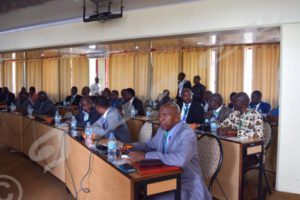
The facilitation of Mkapa announces the next round for this month of July.
Remember, on May 20th, the report of the facilitator Mkapa almost tolled the knell for the dialogue. In particular, he recalled his request for an intervention by the EAC, which remained a dead letter. On the contrary, Museveni, president of the EAC and at the same time mediator in the crisis asked the European Union to lift its sanctions against Burundi.
But, in spite of everything, the Tanzanian President did not throw in the sponge. Mkapa decided to roll up his sleeves. “We are preparing to resume dialogue for this month of July. Everything is ready, except for a few things, “said Facilitator’s personal assistant Macocha Tembele. Mr Mkapa has to get a move on. He had set himself by the end June to reach an agreement. We are already mid-July. On this failure, the facilitation seems to be reluctant to get involved in an argument with the protagonists: “They refused to sit together for one reason or another, raised either by the government or the opposition”.
Bujumbura didn’t remain idle
Bujumbura did not knock off during this time. The National Security Council, led by President Nkurunziza himself, met from 20 to 21 June 2017. The implementation of the conclusions of the National Commission for Inter-Burundian Dialogue report leading to the amendment to the Constitution and the bringing back of the external dialogue to Burundi were on the menu of the final communiqué. A few days later, there was the Kayanza session organized by the Ombudsman. The government and the opposition have engaged in casual discussions. There is also this resolution signed on June 27 by some political parties close to the government that seem to follow the conclusions of the National Security Council.
Reactions
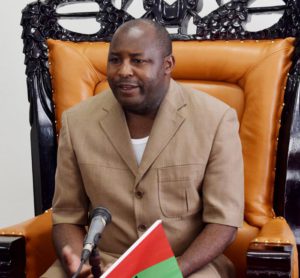 Cndd-Fdd: “A foreign intervention is not necessary.”
Cndd-Fdd: “A foreign intervention is not necessary.”
The secretary general of the ruling party, Evariste Ndayishimiye hopes for the conclusions of the dialogue in the next round. He says the objectives of the external dialogue were achieved. It is about strengthening security, restoring trust, repatriating refugees and preparing for the 2020 elections. “We are quite advanced in the process. “Evariste Ndayishimiye says the pending challenges do not require foreign intervention.
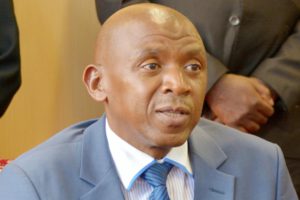 Agathon Rwasa: “Lack of will.”
Agathon Rwasa: “Lack of will.”
The First Vice-President of the National Assembly does not exclude the possibility of a dialogue in Bujumbura on condition that everyone takes part in it to put an end to this crisis. The government, he regrets, takes advantage of the situation to close the political space. According to the political actor, political intolerance has become established and there is no room for another political party to prepare for the elections. This is why the Arusha dialogue framework has its raison d’être.
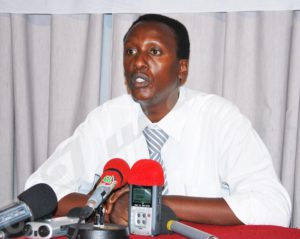 Vital Nshimirimana: “An extreme slowness of mediation.”
Vital Nshimirimana: “An extreme slowness of mediation.”
Alongside the reluctance of the government of Burundi to participate in the dialogue, there is the observation of an extreme slowness of mediation and facilitation. There is also confusion on the part of these two bodies to control the conflict in Burundi and give a clear direction. According to Vital Nshimirimana, a series of measures must be taken by the mediation. We must demand the cessation of violence, the resumption of unconditional dialogue and the enjoyment of rights and the abandonment of the amendment to the Constitution.
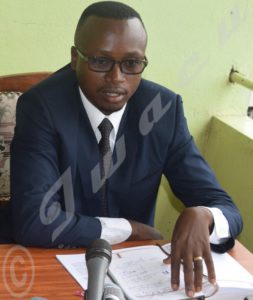 Jean Marie Nduwimana: “Closing the dialogue.”
Jean Marie Nduwimana: “Closing the dialogue.”
For the president of the civil society PISC Burundi, the resumption of the dialogue by the facilitator aims at removing the irregularities observed during the course of the dialogue, in particular the presence of the people prosecuted by Burundi justice. It is also a matter of closing the dialogue and specifying that the report of the facilitation will accompany that of the National Commission for the Inter-Burundian Dialogue, in order to prepare the elections of 2020..
Analysis
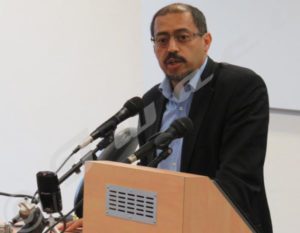
Thierry Vircoulon
For the analyst Thierry Vircoulon of the International Crisis Group, since 2015, a dialogue between the regime and the opposition has been demanded by the UN, AU, EU, EAC and other partners. Instead of this dialogue there was a series of missed meetings organized by the facilitator of the EAC and the dialogue has been deadlocked. He indicates that there are three reasons.
Firstly, the Burundian government has clearly and repeatedly rejected this dialogue: on the one hand, it considers that the only valid dialogue is the consultation of the population which it has organized unilaterally and which expresses the “voice of the people”. On the other hand, he believed that some of the opposition’s interlocutors, instead of being listened to, deserved the arrest. Since 2015, the year in which the idea of dialogue has emerged, there has been no progress. Formal motives have often been used to ensure that there are no substantive discussions.
A dialogue presupposes two interlocutors, but there is only one for the moment.
According to the analyst, the second reason for the impasse is the EAC itself, which has demonstrated its limits. It is not the right organization for this mediation because it is politically ineffective. Apart from the fact that the executive secretary of the EAC is a loyal supporter of the Burundian regime and that this poses confidentiality problems for mediation, there are many reasons why the EAC fails to tackle the Burundi crisis. The first is the appreciation of the seriousness of the Burundian crisis. For several presidents of the region, this crisis that has forced more than 400,000 Burundians into exile, is not very serious and is currently controlled by the authorities.
The second reason lies in the position of each EAC government vis-à-vis the current Burundian regime. Among the neighboring countries of Burundi, opinions vary widely, ranging from the obvious hostility (Rwanda), silent complacency (Tanzania, Uganda) to indifference (Kenya). Under these circumstances, it is not surprising that the EAC is unable to define a common position on the Burundian crisis.
Finally, the third reason refers to the current “chess game” among EAC member states that significantly reduces EAC’s collective action capacity. The “coalition of the willing” formed by Uganda, Kenya and Rwanda vis-a-vis Tanzania seems not to have resisted the pipeline affair which must allow the export of oil from western Uganda. The Ugandan regime has preferred the long project (to Tanzania) to the short project (to Kenya) to export its oil. The rivalries between Dar, Nairobi and Kampala around the major power stake represented by hydrocarbons and their export are in full swing within the EAC and they are just beginning. All these reasons explain the passivity of the EAC in the face of the silent and regular extension of the Burundian crisis.
And Thierry Vircoulon concludes: “Burundians constitute a bone of contention within the EAC and the so-called subsidiarity between the AU and African regional organizations.

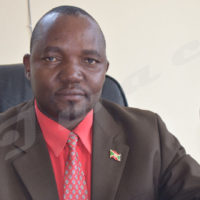
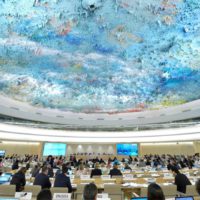
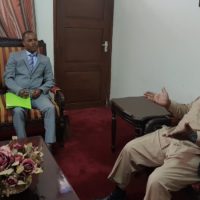
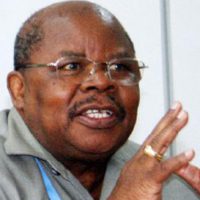













 IWACU Open Data
IWACU Open Data

